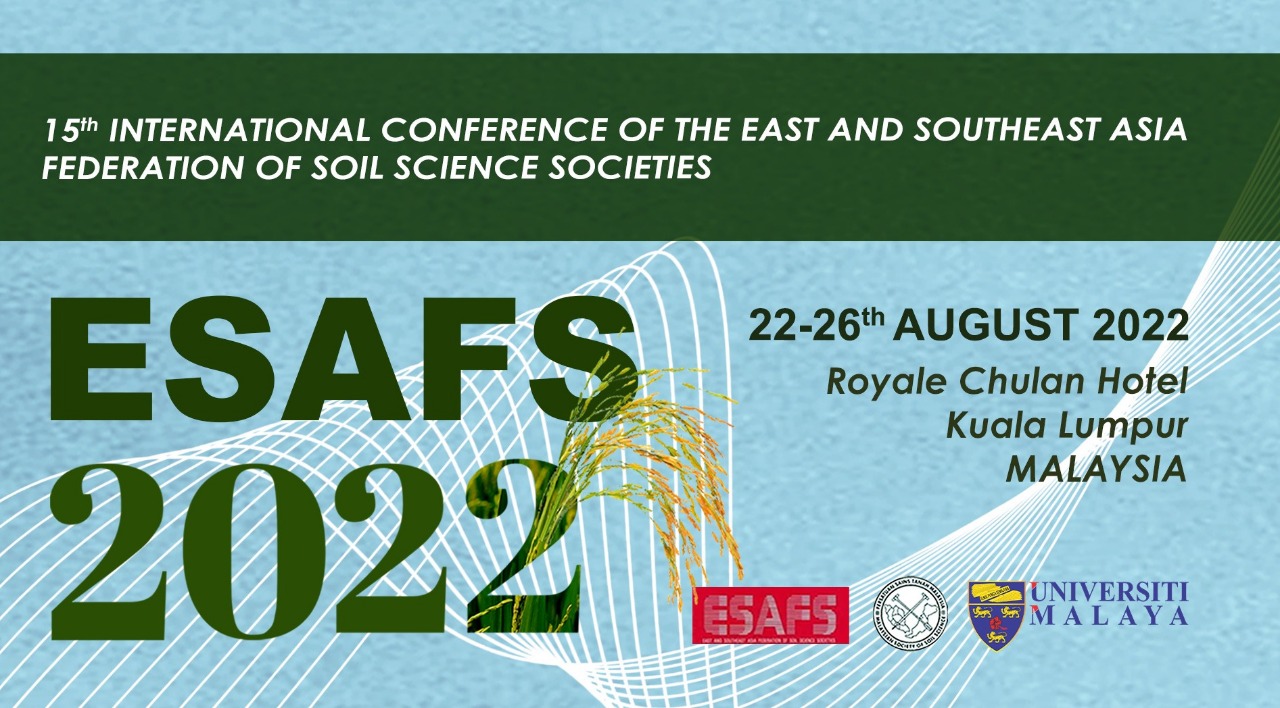Influence of Soil Compaction Due to Heavy and Long-term Machinery Usage in Oil Palm Plantation
Written By: Devaraj T.*, Sundian N., and Pupathy U.T.
PT SumberTani Agung Resources TBK (STAA)
Jl. PangeranDiponegoro 51, Medan, Sumatera Utara, Indonesia, 20152
*Corresponding Author: Devaraj T., devaraj@sta.co.id
Abstract
The aim of this paper is to review the status and acceptance of mechanization in oil palm plantation management. The oil palm industry has adopted mechanization as a panacea for overcoming the issues attributed to unavailability of labour force for carrying out daily estate operations such as harvesting and collection & evacuation of Fresh Fruit Bunches (FFB). However, the frequent use of heavy machinery on the harvesting paths in oil palm plantations have a direct influence on soil compaction which generally affects soil health. Generally, areas that machine passes are mechanical path, on tyre-track and in-between tyre-tracks. Thus, the influence of soil compaction that is only confined within the area where machine passes. There were studies highlighted on the soil compaction that occurs within the soil depth of 30 cm as a result of an increased soil bulk density over the years of heavy machinery usage. However, it was calculated that only 4% per hectare area was compacted, thus has a little effect on the growth and productivity of the oil palm. On the contrary, increased soil compaction due to machinery usage also significantly increased FFB, bunch number and average bunch weight on a clay-textured soils (Bernam Series). Frequent use of heavy machinery would generally increase bulk density while reducing total porosity on the affected parts of the paths/soils. With the alteration of soil pores sizes and its distribution, lower infiltration rates are expected to occur in the compacted areas. Thus, the reduction of soil pores and lower infiltration rates contributed towards a high incidence of soil rutting and at some extent water logging in the fields. Continuous application and addition of organic materials such as compost, EFB and cut-fronds had significantly reduced bulk density especially in the areas of inter-palms and inter-row. The soil compaction studies should be carried out and extended to other soil types / series to ensure the impact of heavy machinery had any significance on increase or drop in FFB productions.
---Citation:
Devaraj T, Sundian. N, & Pupathy U.T. (2022). Influence of Soil Compaction Due to Heavy and Long-term Machinery Usage in Oil Palm Plantation. In the 15th International Conference of the East and Southeast Asia Federation of Soil Science Societies (ESAFS) 2022 Book of Abstracts (1st ed., Vol. 15, p. 50). Kuala Lumpur, Malaysia.

---
Acknowledgements:
The authors are extremely grateful to the top managements of PT. Sumber Tani Agung Resources TBK. (STAA) for their kind permission to present this paper. Special thanks to all supporting staff of STA Resources for their invaluable guidance and assistance.

